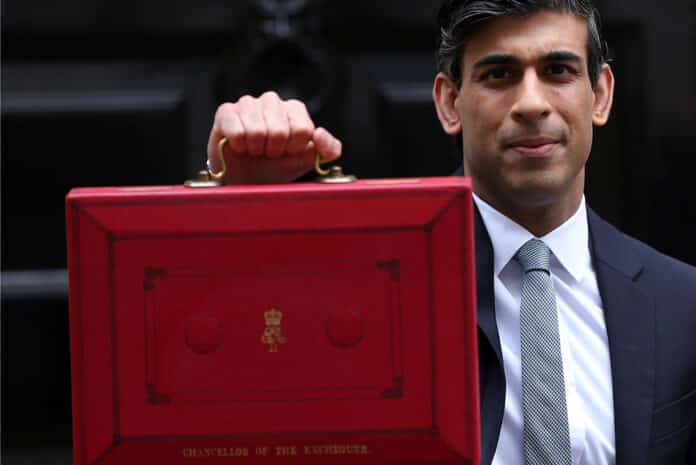The Railway Industry Association (RIA) has set out what it would like to see from the Chancellor’s Spring Statement, taking place this Wednesday (23 March 2022).
Setting out the key priorities, Darren Caplan, Chief Executive of RIA, said: “The Treasury’s Spring Statement comes at a critical time for the rail sector. With passengers clearly returning, now is the time for Government to support the railway industry and the economic growth, jobs and investment it provides both now and in the longer-term.
“This means supporting the sector in a number of ways. First, the Rail Network Enhancements Pipeline needs to be published now, to provide the sector with the visibility of upcoming work it needs to plan and invest. Secondly, there should be no hiatus in infrastructure and rolling stock work over the coming years, as the industry restructures to Great British Railways.
“Efforts to decarbonise the railway need to be accelerated, with a step-change in electrification and hydrogen and battery trains delivered to help the Government meet its Net Zero 2050 deadline. There needs to be a programme to roll out digital signalling, with 60% of signalling units requiring urgent replacement in the next 15 years. And we need to support rail suppliers to export overseas, reducing barriers to trade by ensuring rail is included prominently in Free Trade Agreement negotiations.
“Rail has a bright future, and with the right Government policy it can help lead the UK’s economic recovery. As Chancellor Rishi Sunak makes his statement on Wednesday, the opportunity really is there to make rail a central part of a sustainable economic recovery.”
Campaign for Better Transport, meanwhile, has warned that a fuel duty cut in tomorrow’s (23 March) Spring Statement will not help those most affected by the cost-of-living crisis and will do nothing to reduce our dependence on oil or tackle climate change.
Paul Tuohy, Campaign for Better Transport’s chief executive, said: “A cut in fuel duty will only serve as a temporary respite for richer drivers and do little to help those on the lowest incomes who may not even own a car. Rail fares have risen at a higher rate than fuel costs and bus fares have risen twice as fast, yet public transport passengers have not been given any help with the cost-of-living crisis. If the Chancellor really wanted to help households weather the current storm and address our dependence on oil, he’d make public transport cheaper so people are not forced to rely on their cars.”
Since 2012, rail fares have risen at a higher rate than fuel costs, yet rail passengers faced a 3.8 per cent increase in fares this month, despite calls for a fare freeze. Bus fares have risen at a far higher rate, 54 per cent in the last decade. If fuel had risen at the same rate as bus fares, it would cost well over 200p a litre by now instead of an average of 167p.
The transport charity is warning that lower income households are bearing the brunt of spiralling travel costs; as a third (35 per cent) have no access to a car, they make three times as many bus journeys as people with the highest incomes.
Mr Tuohy added: “The Government has wisely invested in a national bus strategy to improve local buses, but unless it does something to address high fares, its investment will be wasted.”
Photo credit: Railway Industry Association







































 0113 2082620
0113 2082620 info@railbusinessdaily.com
info@railbusinessdaily.com 15 Mariner Court, Wakefield WF4 3FL
15 Mariner Court, Wakefield WF4 3FL

